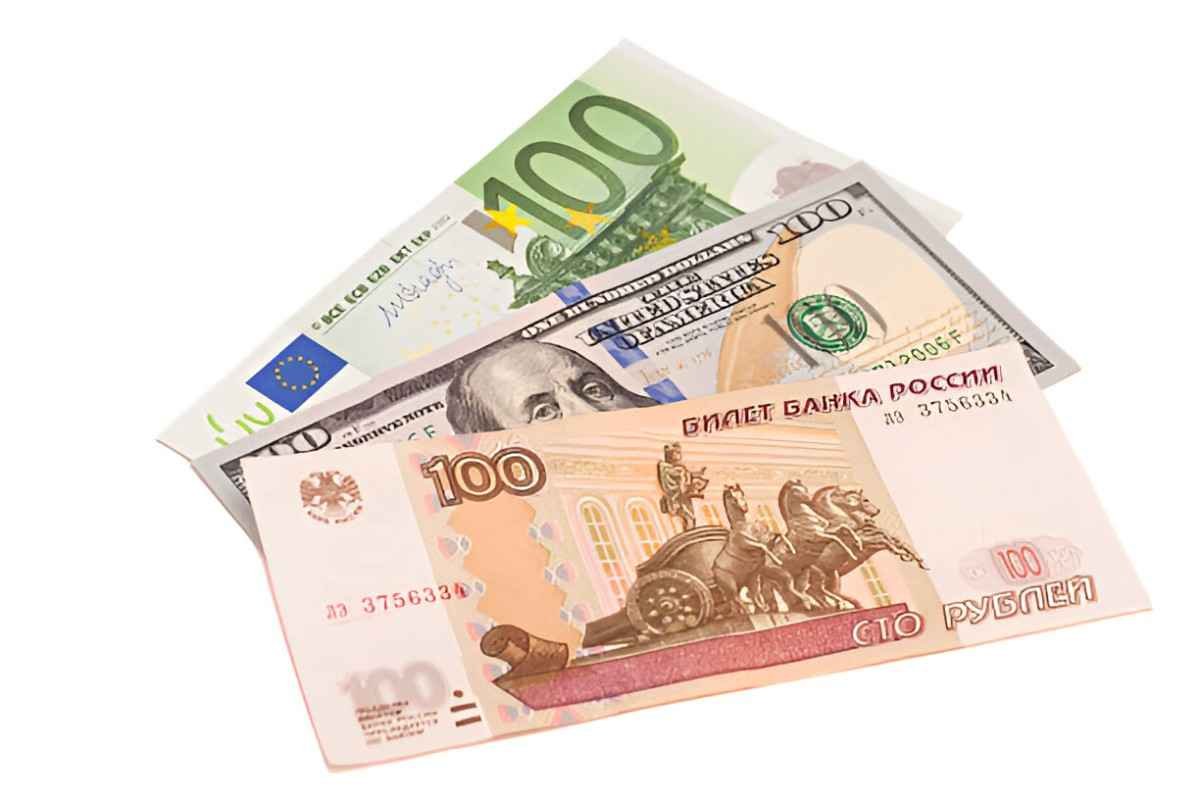In the realm of global finance, Eurodollars represent a significant aspect of international banking and monetary systems. This article aims to provide a comprehensive explanation of Eurodollars, their origins, characteristics, uses, and their impact on global financial markets.
Table of Contents
Definition and Origins
What are Eurodollars?
Eurodollars are US dollar-denominated deposits held in banks outside the United States. Despite their name, Eurodollars are not necessarily held in Europe; they can be deposited in any foreign bank that accepts US dollars. Eurodollars exist primarily as offshore deposits and are crucial in international finance for their role in facilitating global trade and financial transactions.
Key Characteristics:
- US Dollar Denomination: Eurodollars are denominated in US dollars but are held outside the United States.
- Offshore Deposits: Held in foreign banks or branches of US banks abroad.
- Global Use: Used for international trade, investments, and as a tool for managing global liquidity.
- Regulation: Subject to less stringent regulatory oversight compared to domestic US deposits.
Origins and Evolution
Historical Context
Origin: The term “Eurodollar” originated in the 1950s when US dollars started accumulating in European banks due to post-World War II economic activities and US military spending abroad. These dollars were initially deposited by European businesses and banks to avoid US regulatory constraints and to benefit from higher interest rates offered abroad.
Growth: Eurodollars grew significantly throughout the latter half of the 20th century, driven by global trade, multinational corporations, and the internationalization of financial markets. Today, Eurodollars continue to play a pivotal role in global finance as a key component of the international monetary system.
Uses and Examples
Practical Applications
- Trade Finance: Eurodollars facilitate international trade transactions, allowing businesses to settle payments in US dollars outside the US banking system.
- Corporate Financing: Multinational corporations use Eurodollars for short-term financing needs, such as working capital or funding overseas operations.
Example Scenario:
Consider a multinational corporation based in Germany needing short-term US dollar financing:
Scenario:
- Issuer: ABC GmbH, a German multinational corporation.
- Objective: ABC issues $100 million in Eurodollar-denominated bonds to finance its US subsidiary’s expansion.
- Investors: Institutional investors and banks outside the United States purchase these Eurodollar bonds.
Outcome:
- ABC GmbH receives $100 million upfront from investors.
- Pays interest periodically and repays the principal at maturity in US dollars.
- Investors earn interest income based on the agreed-upon terms.
Role and Significance in Global Finance
Importance of Eurodollars
- Liquidity Management: Eurodollars provide flexibility in managing liquidity across borders, offering alternatives to domestic currency holdings.
- Currency Hedging: Facilitate currency risk management for international businesses by holding US dollar-denominated assets outside the US.
Considerations for Market Participants
- Interest Rates: Eurodollar interest rates are influenced by global market conditions and monetary policies, impacting their attractiveness for investors and borrowers.
- Regulatory Environment: Although less regulated than US domestic deposits, Eurodollars are subject to international banking regulations and compliance standards.
Conclusion
In conclusion, Eurodollars play a pivotal role in global finance by serving as a key component of the international monetary system. They enable efficient cross-border transactions, facilitate international trade, and provide liquidity management solutions for multinational corporations and financial institutions. Understanding Eurodollars is essential for navigating the complexities of global finance, whether as a corporate treasurer seeking financing options or as an investor looking to diversify portfolios with US dollar-denominated assets held offshore. Their evolution and continued relevance underscore their importance in the interconnected world of international banking and finance.





